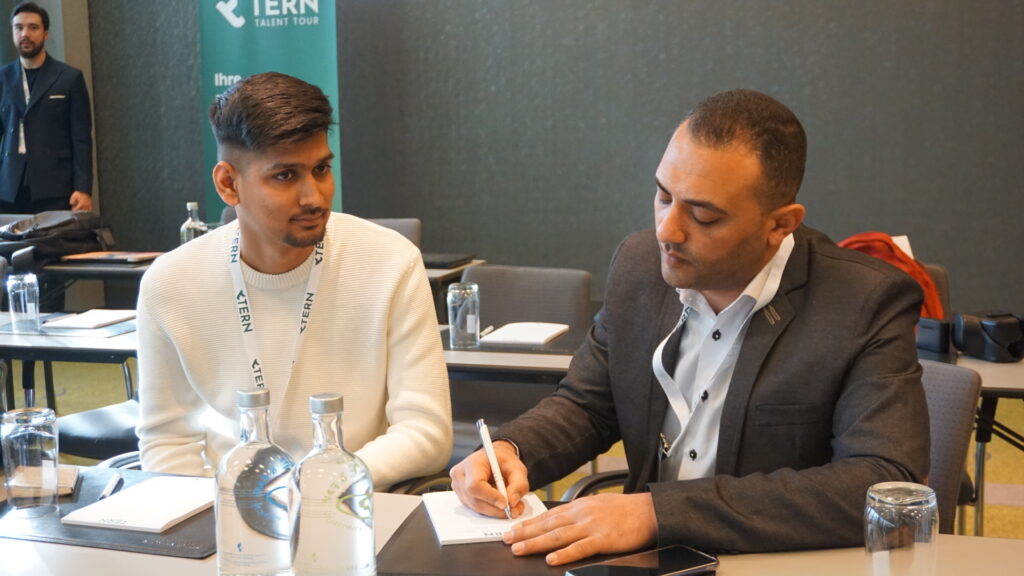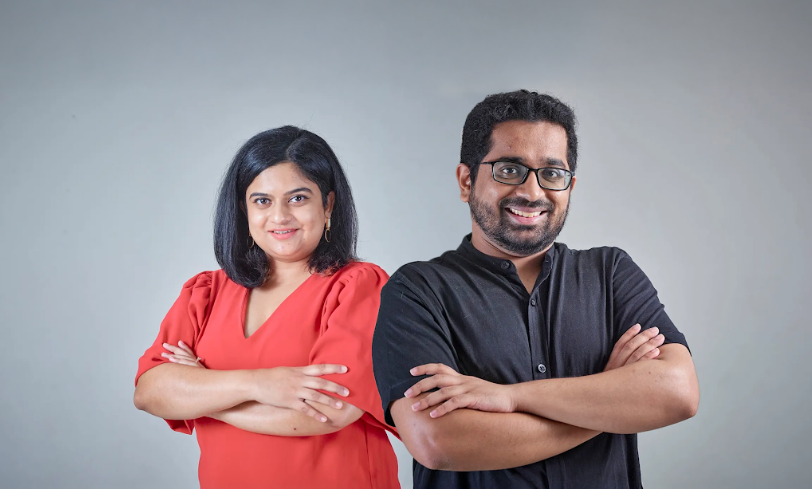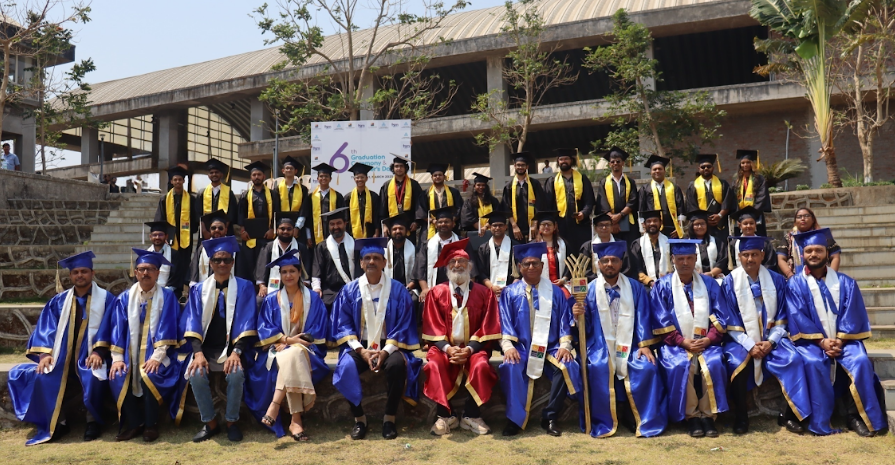
By-Thejus Shivarama Founder & CEO, Juliet and 2Moons
“Race with cheetahs, not with horses.”
Thejus Shivarama, Founder and CEO of Juliet and 2Moons, has carved a niche for himself in the hospitality industry through sheer determination, passion, and resilience. Holding a Bachelor’s degree in Business Management from Alliance University, his love for food and networking has been the driving force behind his entrepreneurial journey.
His first venture, Serene Mist Resort, a 9-key boutique property nestled in a Chikmagalur coffee estate, set the foundation for his hospitality career. His natural inclination towards hosting and making people feel at home has seamlessly translated into his later ventures—Juliet and 2Moons.
Now, Thejus is venturing into his next project—Minx, a craft cocktail club that aims to be Bangalore’s first true cocktail club, differentiating itself from the many cocktail bars in the city. His inspiration stems from the deep belief that food and drinks connect people, creating cherished memories that last a lifetime.
A Customer-First Approach
Thejus identifies a significant gap in the market—hospitality brands often remain rigid in their offerings, whereas he believes in flexibility and customer satisfaction above all. If a guest at an Asian restaurant craves curd rice or rasam rice, he ensures they get it. This customer-centric approach sets his brands apart, ensuring that every guest leaves with a smile.
Hard Lessons & Overcoming Adversity
His journey in the industry wasn’t smooth. As a newcomer, he faced numerous challenges, including being misled by consultants who took advantage of his inexperience, leading to financial setbacks. In the initial phase, he unknowingly made costly mistakes, overspending on unnecessary things due to misplaced trust. However, with time, he learned to discern the right people to work with and gained a firm grasp of operational needs.
One of his biggest hurdles was a three-month project delay, during which he had to cover salaries and rent before even opening. Further financial strain came from consultants over-ordering everything—cutlery, crockery, and food trial expenses—causing purchases to skyrocket by 200%. Despite these struggles, Thejus has emerged stronger, building his business on personal connections and a deep understanding of customer needs.
Building a Hospitality Powerhouse
Under his leadership, Thejus has successfully built the Boho Sunsets IP, the only true sundowner experience in Bangalore. From an initial perception of being a brand that wouldn’t last six months, Juliet and 2Moons have now cemented their place among the top three hospitality brands in Bangalore’s Central Business District (CBD). Thejus and his team have defied the odds, proving that love, personal connections, and customer satisfaction are stronger than industry skepticism.
Vision for the Future
Thejus believes in keeping things simple—sticking to what his team does best and giving guests what they truly want. Rather than following industry trends or competitors, he focuses on his own strengths and continuously improves based on customer feedback. His company thrives by personalizing the guest experience, ensuring that every visit is memorable.
Leadership Philosophy
Rejecting traditional corporate management styles, Thejus fosters a culture of freedom and learning within his team. He encourages his staff—both Front of House (FOH) and Back of House (BOH)—to take ownership of their work, make mistakes, and learn from them. His role is to guide and mentor, stepping in only when absolutely necessary. This empowerment has built a strong and resilient team, which he considers his greatest asset.
Staying Ahead of the Competition
For Thejus, the best way to stay ahead is not by keeping tabs on competitors but by staying true to his brand’s strengths and customer expectations. Customization and guest-centric service remain his core differentiators. His personal mantra, “Race with cheetahs, not with horses,” embodies his belief in setting his own pace and redefining the hospitality experience on his own terms.





